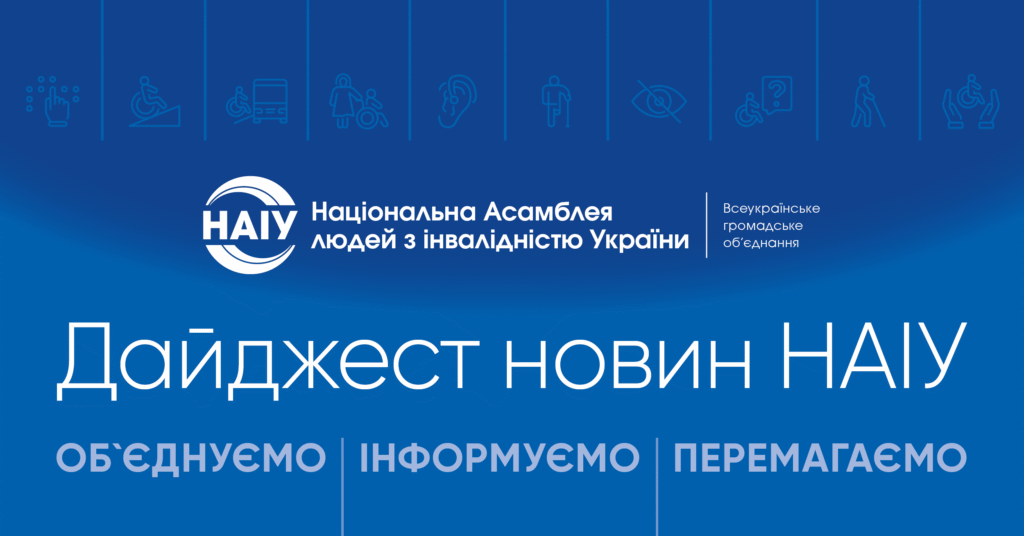Любов проживає у сільській місцевості Полтавського району. Вона ніколи не хотіла залишати рідну домівку, адже з дитинства любить землю, квіти та все, що на ній росте. Сад завжди був для жінки місцем сили та натхнення.
Однак із часом у Любові виникли порушення опорно-рухового апарату, і пересуватись самостійно жінці ставало дедалі складніше. Протягом останніх двох років вона вже не могла виходити з дому без сторонньої допомоги. Єдиним способом побачити своє подвір’я залишалося вікно або коротка прогулянка до порогу.
Любов мріяла про можливість знову бути самостійною — вийти у свій сад, поїхати до крамниці, поспілкуватися з сусідами. Крісло колісне могло б суттєво покращити якість життя жінки. Але отримати його через державну систему виявилося непросто: віддаленість від медичних закладів, складність оформлення документів, необхідність неодноразово відвідувати лікарів — усе це стало серйозною перешкодою.
Саме участь у проєкті «Мультисекторальна гуманітарна допомога з урахуванням інвалідності для внутрішньо переміщених осіб, репатріантів, ветеранів та приймаючих громад в Україні», який реалізує Національна асамблея людей з інвалідністю України (НАІУ) у партнерстві з Європейським форумом з питань інвалідності (EDF), за підтримки Федерального міністерства закордонних справ Німеччини (GFFO) та Християнської місії незрячих (CBM), дала змогу пані Любові отримати необхідну підтримку. Завдяки фахівцям проєкту вона змогла замовити індивідуально підібране крісло колісне з ручним керуванням, яке підходить для пересування сільськими дорогами.
І тепер її дім знову наповнився рухом і життям. Першою прогулянкою стало відвідування власного городу — пані Любов з посмішкою розповідає, як після довгої перерви вдихнула аромат квітучого саду, побачила свої клумби, зустріла знайомих на вулиці. Каже, що біль нікуди не пішов, але став менш відчутним, коли повернулася можливість діяти, бути серед людей, а не лише спостерігати за життям через вікно.
Історія Любові — це приклад того, як адресна допомога та індивідуально підібрані технічні засоби реабілітації змінюють життя людей і роблять громади більш інклюзивними. Коли людина отримує не просто засіб, а саме той, який відповідає її реальним потребам і середовищу проживання, вона може залишатися активною, самостійною та соціально залученою.
Індивідуальний підхід — це не розкіш, а необхідна умова рівності можливостей. Для багатьох людей у сільських громадах, де медичні чи реабілітаційні послуги є менш доступними, така підтримка стає єдиним шляхом до мобільності, спілкування та повноцінного життя.
Адресна допомога, орієнтована на людину, — це не просто про забезпечення засобами. Це про відновлення гідності, самостійності та участі в житті громади. Та сприяння реальній інклюзії через системну, продуману підтримку.
Oleksandra Perkova, Communications Manager of the Project









